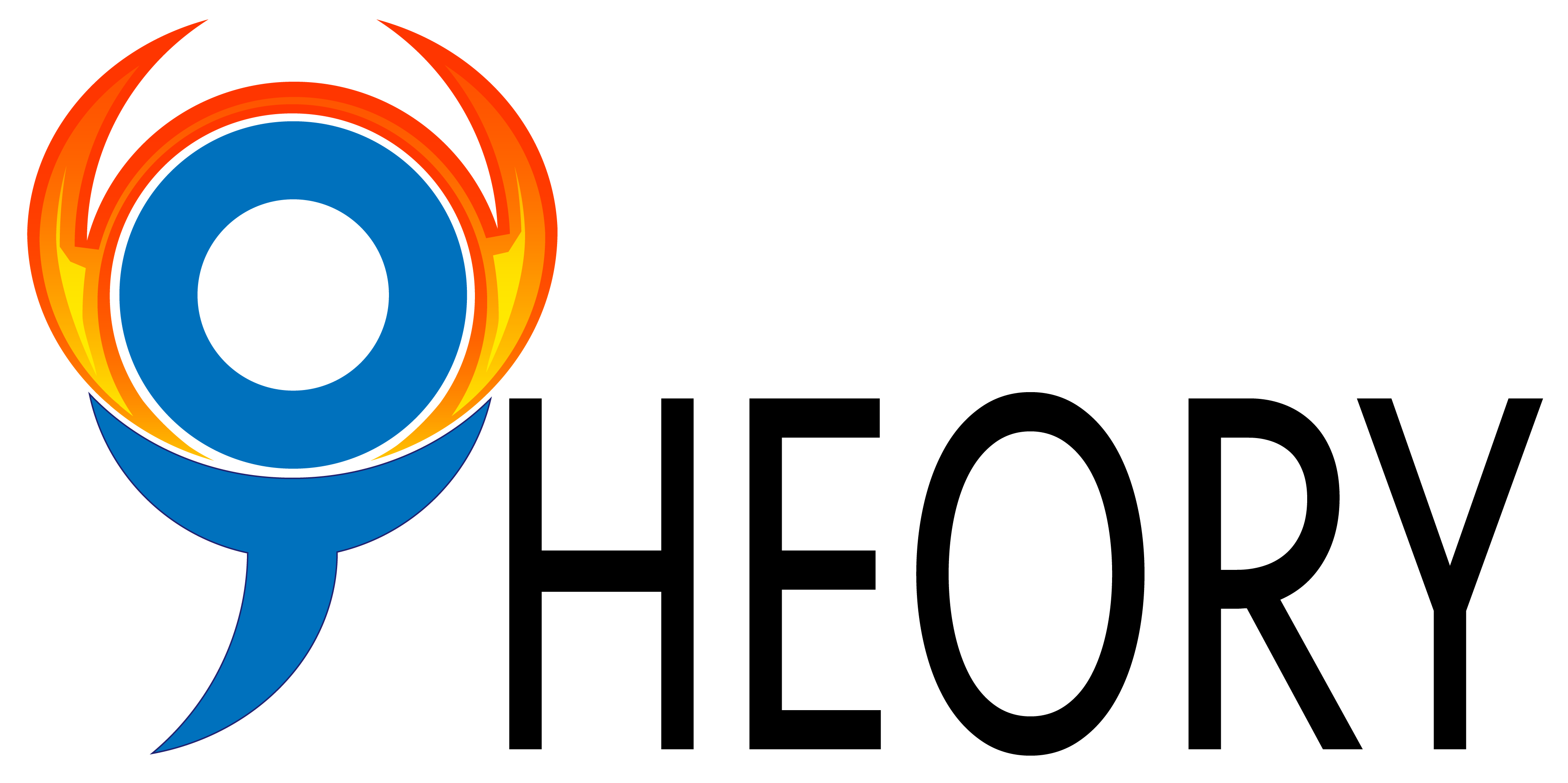The Framework of Occupational Justice (FOJ) offers an occupational perspective of justice or injustice on everyday occupations. This framework emphasizes on the inclusion of every individual in an occupationally just word (i.e., the environment, such as community and government, in which the individuals can do what they decide to be the most meaningful and useful to themselves, family, communities and nations). It illustrates how the inter-relationships of structural factors and contextual factors support or restrict occupational outcomes and occupational rights. Structural factors include underlying occupational determinants (i.e., type of economy, regional/national/international policies) and occupational instruments or programs (i.e., health and community support, income support, education, employment). Contextual factors include age, gender, sexual orientation, ability/disability, etc. The structural factors, affected by contextual factors, contribute to conditions of occupational justice and lead to occupational outcomes (i.e., justice or injustice). Occupational outcomes of justice are occupational rights including meaning, participation, choice, and balance. There are four cases of occupational injustice: occupational alienation, occupational deprivation, occupational imbalance, and occupational marginalization. This framework suggests that the critical occupational perspective offers new insights of social issues on occupational justices, including injustice of exclusion from everyday occupations with clients who suffer from mental illness. The framework includes three lessons to advocate justice. The first one is that justice requires societal accountability for including all persons in everyday occupations without injustice. Second, societies create institutional changes in housing, employment, community recreation and other policies. Third, justice advances when societies develop programming and conditions to truly engage adults who have mental health issues with ordinary people to support their participation. This framework aims to develop a just society with inclusion of all citizens in everyday occupations.
Summarized by
- Macey Cho
Type
- Framework
Population
- Child
- Adolescent
- Adult
- Elderly
Disability
- Mental disability
Domain of occupation
- Unspecified
Application Note
This framework offers an occupational perspective on occupational justice, aiming to include all individuals in everyday occupations.
Key Reference
Townsend, E. A. (2012). Boundaries and bridges to adult mental health: Critical occupational and capabilities perspectives of justice. Journal of Occupational Science, 19, 8-24.
Year Published
- 2012
Primary Developer
- Elizabeth Townsend
Primary Developer Email
- Liz.Townsend@Dal.Ca
